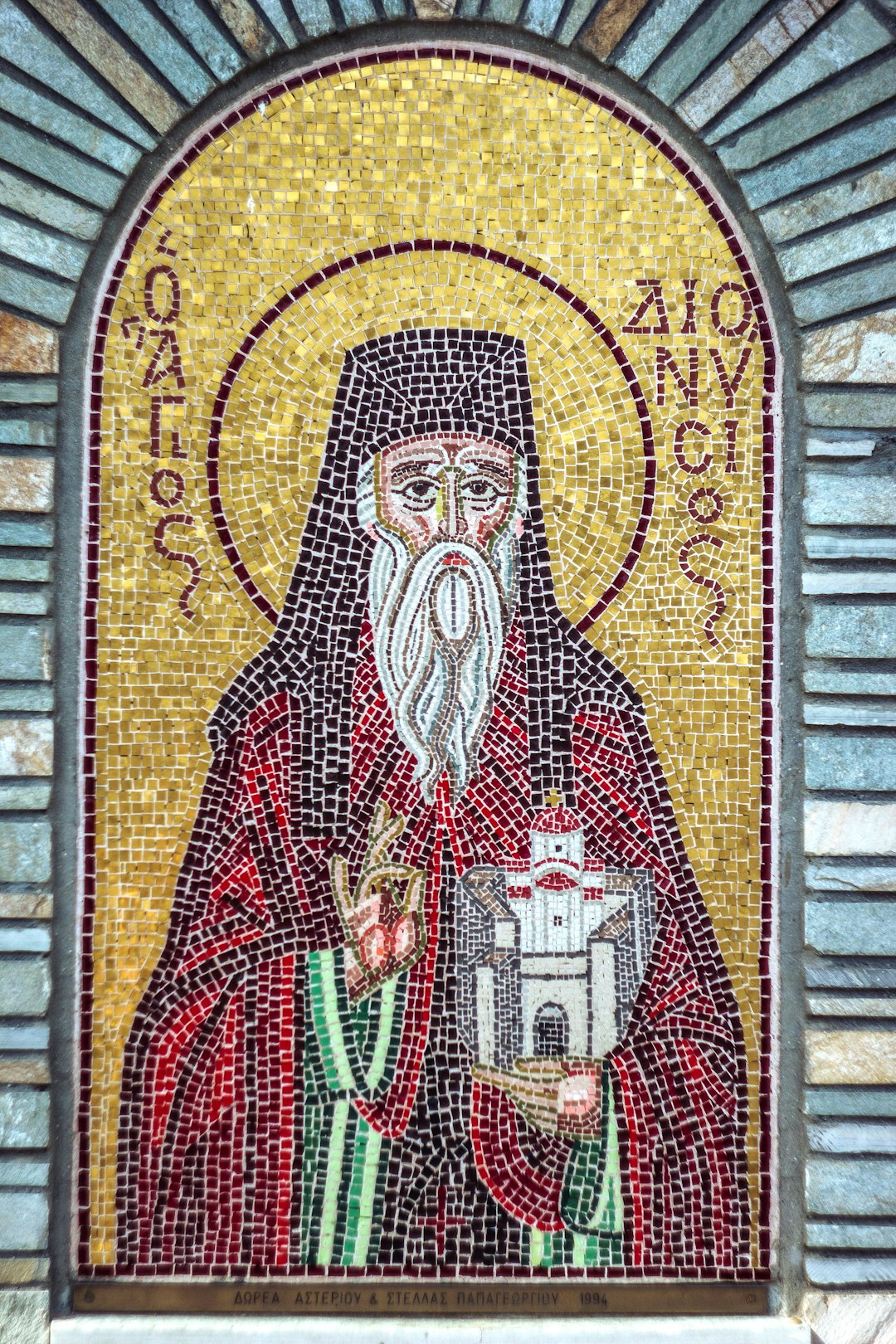Habitus monachum non facit
One of the fallacies of our modern ethics is the emphasis on intention. You have to "mean it" and that is taken to mean that things done automatically, by rote, on autopilot, are not authentically "meant", and so deficient. True, authentic action is thought to spring only from the authentic self, in the moment, making the choice to act rightly. This notion of an atemporal agent always choosing freely from their inner self is a dream, a phantasma.
Thomas Aquinas speaks of habitus, drawing upon Aristotle of course, in terms of the stable practices and dispositions of a person, cultivated through years of acting in certain ways, that enable and pre-dispose them to act in certain ways. A soldier on the battlefield may commit an act of bravery, but they also may be trained to react in certain ways. And the sum of those ways is a habitus. Habitus is not inferior because it is ingrained in us. Indeed, it may be superior precisely for this reason. Let us go further, and say that the right habitus enables behaviours "in the moment" that are otherwise difficult, if not impossible. Habitus is indeed our 'habits', but our habits are our dispositions to action shaped by our repeated actions, ingrained in our patterns of behaviour.

It is the same kind of thing that Dallas Willard speaks of in The Spirit of the Disciplines. With an apt example, it is not imitating what a star baseball player does in a game, that makes good baseball players, but imitating what a star baseball player does in their overall life of training outside the game. So too with the imitation of Christ. If we want to follow Christ, then "living as he lived in the entirety of his life—adopting his overall life-style." (p5) For Willard, and Foster in his Celebration of Discipline, the years of life before Jesus' public ministry, and even in his recorded years, we find clear emphasis on silence, solitude, prayer, fasting, Scripture, etc., which are rarely what comes to mind when people speak of imitating Jesus today.
This kind of character formation is the secret of making the heroic ordinary, and the ordinary heroic. When we read of the heroic resistance of Le Chambon during WW2, their hospitality and rescue of Jews, we wonder, "how did they do this?" The answer is partly, they didn't have to ask that same question. "What transpired in Le Chambon did not emerge from a single heroic decision as much as it did from a culture containing within it a long memory of persecution; a culture in which gathering around scripture was a daily practice; a culture of both ordinary hospitality and stubborn resistance." The alignment of the Huguenot tradition with Trocmé's faithful and biblical ministry shaped a culture in which the question no longer was, "how can we help these people?" but "how could we not?"
Although Camus rejected Christianity, his own existentialism came close in many respects. I think we see this in The Plague, in which Camus rejects the idea of heroism. As Dr. Rieux says, "I have to tell you this: this whole thing is not about heroism. It’s about decency. It may seem a ridiculous idea, but the only way to fight the plague is with decency." For Camus, the fight against the Plague, and by extension Evil in the world, is an endless defeat, but also an inevitable struggle - it is the only thing that a decent person can do. And yet, not all do.
It's fashionable, in so many books I have been reading lately, to follow the argument structure of, "The problem with the world today is X, here's why. And before X the world was great, and post X it's a disaster. The solution is Y, let me tell you how." A Fall and Redemption narrative who's solution is almost always a conservative retrieval of a pre-fall bliss. It's not at all my intention to offer one of those today, as if all our problems arose from neglecting the formation of settled dispositions and Christian disciplines, and they could all be fixed by retrieving them. Instead, let's simply observe that what we are in the moment is shaped by who we are in the years before the moment, and let's ask how we can choose to shape what we might be in a future moment, by the practices we adopt in the time at hand right now.

Good reflections, brother! Greetings from Brazil.